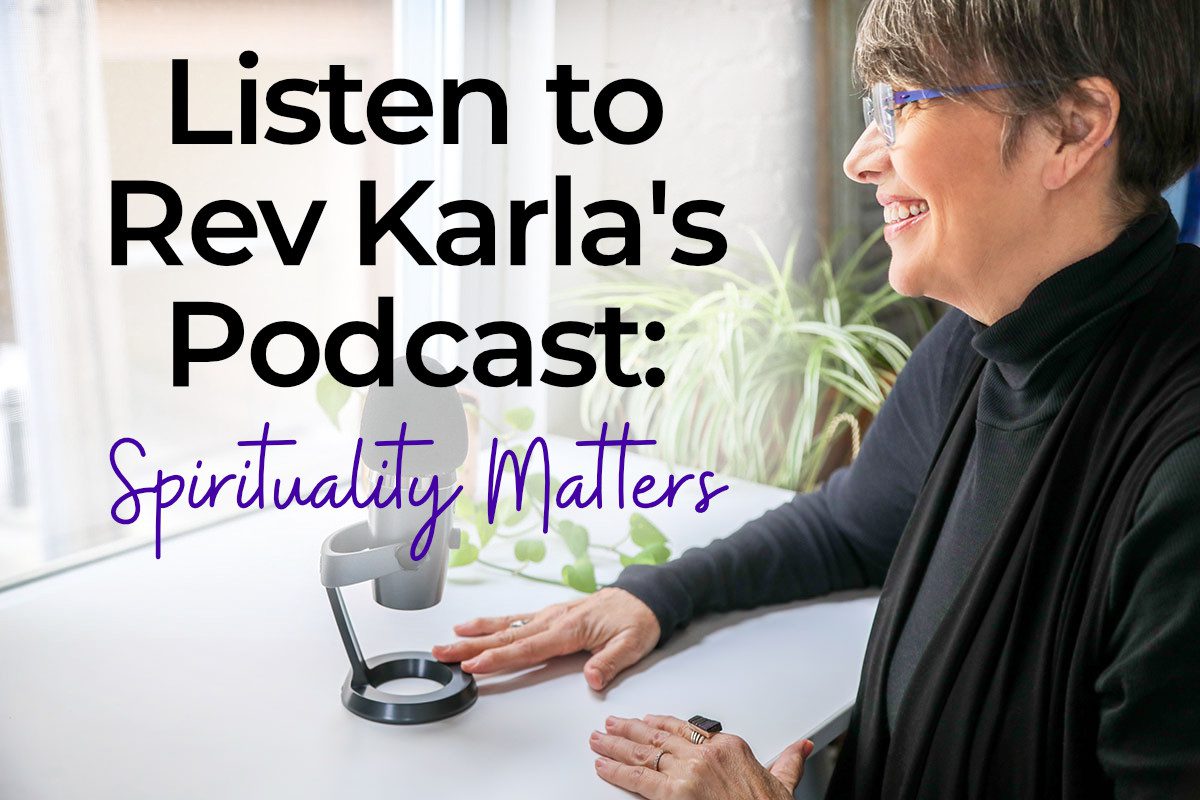Dear God: Can You Hear Me?
One of the most common questions I get is, “Can you please teach me how to pray?” Although it is commonly asked, the question always catches me off guard for a couple of reasons. The very notion that I would be an authority on prayer, something which I struggled with myself over the years, is ironic to me. The other reason it catches me off guard is that prayer seems to be as elusive to others as it has been for me at different seasons in my life.
All world religions have different names for and rituals surrounding prayer. For this writing, I will focus on Christianity, since that is my religious heritage. Growing up in the church, I recall how often instruction on prayer from church leaders was quite useless. As is common within the conservative Christian church, advice on prayer would be peppered with scripture that emphasized the importance of prayer — but oftentimes lacked the basic instruction on how to pray.
Many denominations define various types of prayers that may help, though this may add layers of confusion to an already clouded subject. One of the most common types of prayers people know is prayer of agreement, also known as corporate prayer. These prayers often are used in church as a way to bring unity and collective thought to a spiritual community. That type of prayer is what we hear as the church leader or pastor prays from the pulpit, or it’s said in unison with the congregation.
What I find, however, is that those seeking insight on how to pray rarely care about the names of prayers nor their intentions. What they care about is 1) Are they praying correctly? and 2) How do you hear from God?
The need to be affirmed in “doing prayer right” often stems from a long-held religious belief through which individuals filter their ability to pray. If people have a religious heritage where church doctrine mandated how one interacted with God, the fear of doing something wrong — even if they have left organized religion — may still be anchoring their soul to a fear-based theology. We often will work through this belief so that peace can be found in prayer time instead of anxiety over potentially angering God if prayer is done incorrectly.
The second question — How do you hear from God? — is often asked by those who long to enhance their spiritual practices regardless of their religious heritage. When God called me out of church, I found myself vacillating between both questions: certain I was doing prayer wrong after so many years of being guided from within church, as well as desperately seeking to understand the call God now had on my life.
Although my leaving church was Divinely guided, my prayer time became forced as my anger and hurt would often suffocate my prayer time, leaving me feeling even more confused and anxious about not hearing from God. After a few days of struggling with prayer, I sat on my couch early one morning, somewhat dreading what used to be my sacred time.
It was then I heard, “See I’m doing a new thing.” This Bible verse was a favorite of mine, and its arrival here created the paradigm shift I needed. I had been languishing in my spiritual growth after leaving church, and Isaiah 43:19 was here to remind me that a new thing required new rituals, new practices and new ways to connect with God. Suddenly, the time I had been dreading now became filled with opportunity as I sat and pondered what would guide me in my prayer life.
With my journal lying beside me, I picked it up and wrote, “Dear God.” What happened next was a retelling of my journey through religion, my fears, my hurts, my rejections and my hopes. As I wrote daily to God, I would end each day with a moment of gratitude, thankful for the sacred portals opening up, the healing that was happening, and the peace I was finding in my written prayer time with God.
Since that time several years ago, prayer has expanded in different ways, but I often find myself drawn to writing to God as a way of solidifying my thoughts and calming my soul. And because it has helped me with my spiritual practice, it is a common suggestion for those beginning a prayer practice.
There is another aspect of prayer that deserves our attention. In 1 Thessalonians 5:16-18, the Apostle Paul encouraged us to “pray without ceasing,” meaning our life is a testament to our spirituality. Depending on where you are on your spiritual path, this can feel liberating or intimidating — liberating if you welcome the expansion of prayer into all areas of your life, or intimidating if your spirituality is compartmentalized into specific times and places with little overlap with your personal life.
There is no judgment being offered here: you do you. But, (I wouldn’t be a minister without a “but” sentence) it is worth considering how reflection in prayer and the way it impacts the rest of your life can bring a new level of connection, peace and wisdom to the entirety of your being.
If prayer is eluding you, one can never go wrong with prayer by writing a letter to God.
One can never do prayer wrong as long as the heart is seeking a Divine connection. Yes, some prayers are more effective than others, but prayer is as unique as each human who has ever lived — which means it may take time to figure out the many ways prayer can enhance your life and enrich your soul.
Blessed be.


